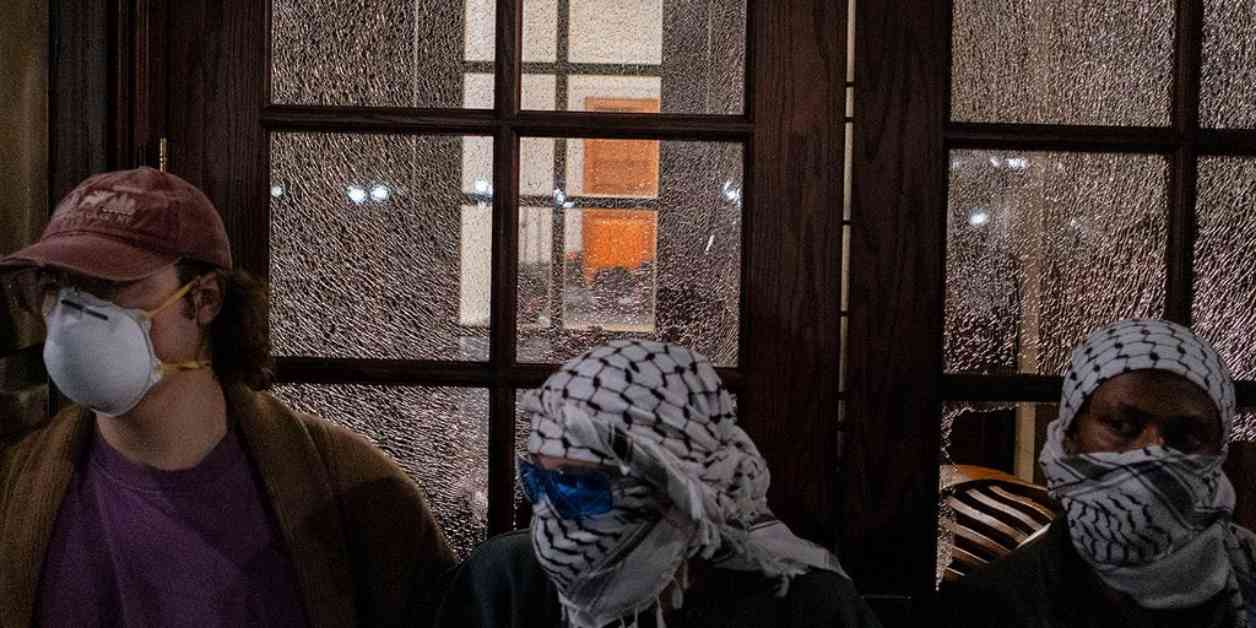Columbia University is considering expanding the powers of its campus police to include the authority to make arrests. This decision comes after a series of disruptions on campus, including antisemitic agitators camping out on the school lawn and barricading themselves inside a building. The university is looking to improve the training of its public safety department and rely less on the NYPD for security.
University administrators are taking steps to address the disruptions ahead of the fall semester. One of the proposed changes is to add designated peace officers to the security team. The university spokesperson emphasized that the safety and well-being of the entire community are a top priority for the leadership.
The university faced criticism for not doing enough to address the antisemitic agitators on campus. Jewish students and others expressed concerns about the safety and security of the community. Some faculty members defended the agitators, further exacerbating the situation.
In response to the disruptions, the university is exploring ways to enhance its public safety capabilities. This includes improving training in de-escalation techniques and preparing for various scenarios that may arise. The goal is to ensure the smooth operation of academic and research activities on campus.
The decision to involve the NYPD to remove the agitators from Hamilton Hall was met with mixed reactions. While some supported the action, others criticized it as a “horrific police attack.” The university administration faced a vote of no confidence from the campus chapter of the American Association of University Professors.
Mayor Eric Adams condemned the behavior on campus, calling the academic environment “despicable.” The university also took action against senior staff members accused of sharing antisemitic messages. This led some donors to reconsider their financial support for the university.
Supporters of Students for Justice in Palestine, one of the groups involved in the demonstrations, claim they are conducting peaceful protests. However, some Columbia students declined to discuss their activities with the media.
In conclusion, Columbia University is grappling with issues related to campus safety, security, and freedom of expression. The proposed expansion of the campus police’s powers is aimed at addressing disruptions and ensuring the well-being of the university community. The university continues to navigate these challenges while upholding its commitment to academic excellence and inclusivity.


